Siri Hustvedt's 6 favorite books
The feminist author and poet shares the books she loves, from Emily Dickinson to Sigmund Freud
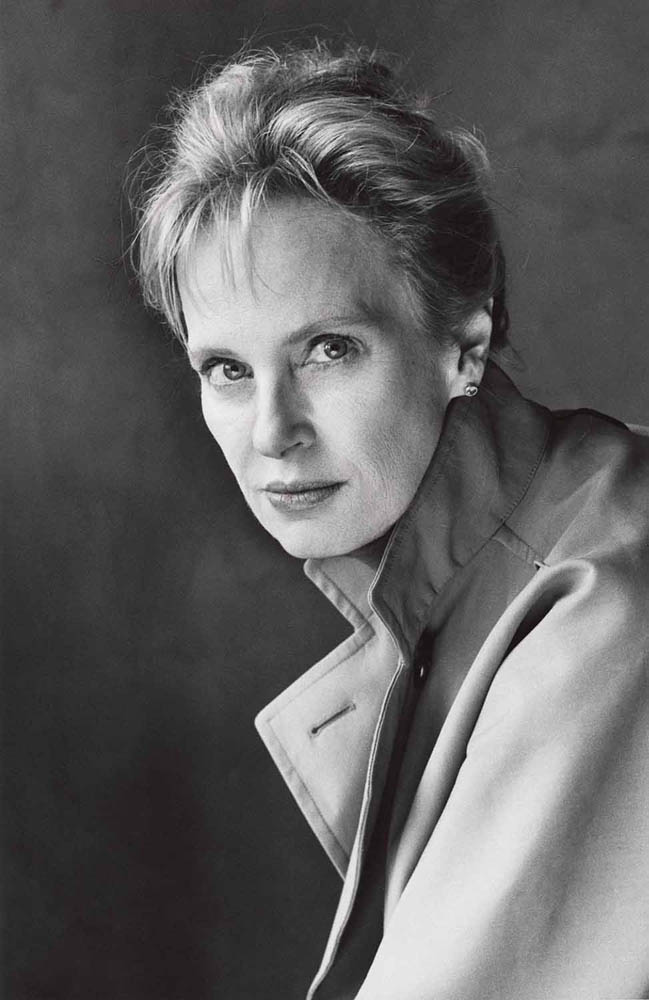
A free daily email with the biggest news stories of the day – and the best features from TheWeek.com
You are now subscribed
Your newsletter sign-up was successful
The Complete Poems of Emily Dickinson (Little, Brown, $22).

I was 11 when I first encountered Dickinson's startling, enigmatic words, which have burned themselves into my brain and bones.
David Copperfield by Charles Dickens (Dover, $10).
The Week
Escape your echo chamber. Get the facts behind the news, plus analysis from multiple perspectives.

Sign up for The Week's Free Newsletters
From our morning news briefing to a weekly Good News Newsletter, get the best of The Week delivered directly to your inbox.
From our morning news briefing to a weekly Good News Newsletter, get the best of The Week delivered directly to your inbox.
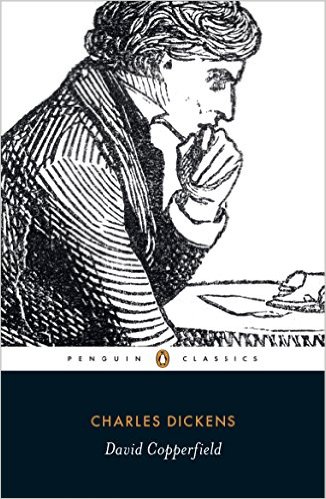
When I was 13, I paid little attention to the genius of Dickens' prose, but my identification with the young hero's suffering and joy was so complete that I decided to become a writer. Years later, I wrote my doctoral dissertation on the meanings of the self that were hidden in Dickens' metaphorical wilderness.
Wuthering Heights by Emily Brontë (Dover, $8).

I read this complex, brilliant, terrifying novel for the first time at 14. I have read it three times since then, and each time I have been awed by both its diabolical structure and its emotional force.
Fear and Trembling by Søren Kierkegaard (Penguin, $16).
A free daily email with the biggest news stories of the day – and the best features from TheWeek.com
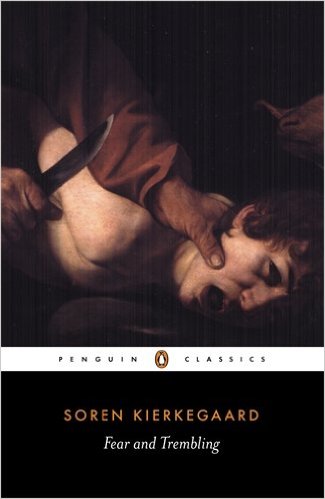
I read the Danish philosopher's passionate exploration of the Abraham and Isaac story when I was 15. I had to grow much older to divine its many ironies and confounding truths, but I have never forgotten the convulsions I felt during that first reading.
The Interpretation of Dreams by Sigmund Freud (Basic, $15).
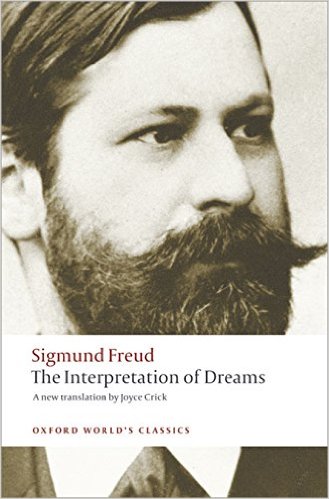
I had read a number of Freud's texts before I fell in love with his book on dreams, at 19 or 20. Freud's rhetorical brilliance, lucid prose, searching intelligence, and willingness to interrogate his own dreams to uncover what he understood as the secrets of unconscious life electrified me then and continue to amaze me.
Phenomenology of Perception by Maurice Merleau-Ponty (Routledge, $17).
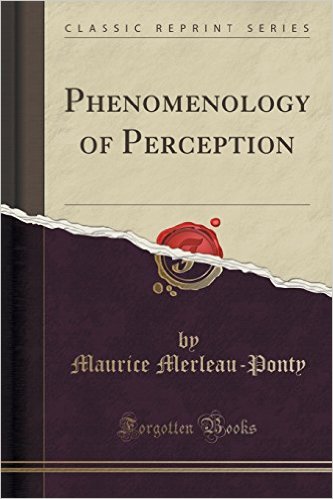
I was in my early 30s when I first picked up this book. As I slowly worked my way through its more than 600 pages for the first time, I knew it would become a central text in my thinking. Merleau-Ponty's critique of philosophy, his insistence on the embodied reality of human life, and his bold willingness to rethink scientific givens while retaining a respect for the findings obtained by research have altered and deeply influenced my own thoughts about what human beings are.
— Siri Hustvedt is a critic, poet, and author of The Blazing World, What I Loved, and four other novels. Her new book, A Woman Looking at Men Looking at Women, gathers 21 recent essays on art, psychology, literature, and feminism.
-
 6 exquisite homes with vast acreage
6 exquisite homes with vast acreageFeature Featuring an off-the-grid contemporary home in New Mexico and lakefront farmhouse in Massachusetts
-
 Film reviews: ‘Wuthering Heights,’ ‘Good Luck, Have Fun, Don’t Die,’ and ‘Sirat’
Film reviews: ‘Wuthering Heights,’ ‘Good Luck, Have Fun, Don’t Die,’ and ‘Sirat’Feature An inconvenient love torments a would-be couple, a gonzo time traveler seeks to save humanity from AI, and a father’s desperate search goes deeply sideways
-
 Political cartoons for February 16
Political cartoons for February 16Cartoons Monday’s political cartoons include President's Day, a valentine from the Epstein files, and more